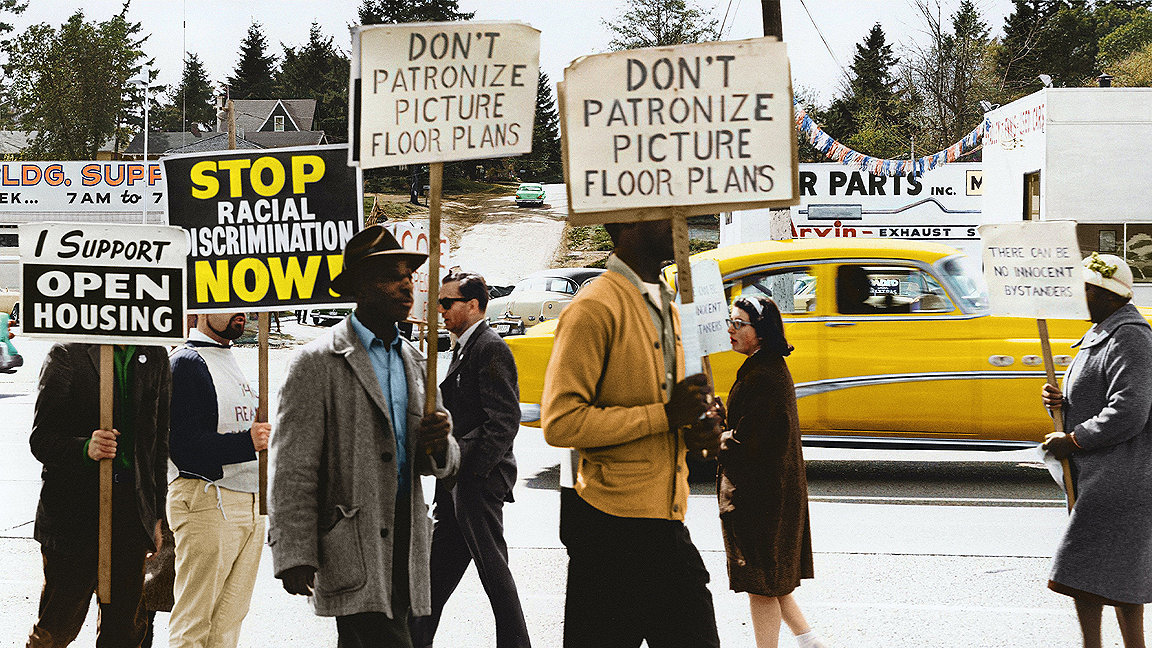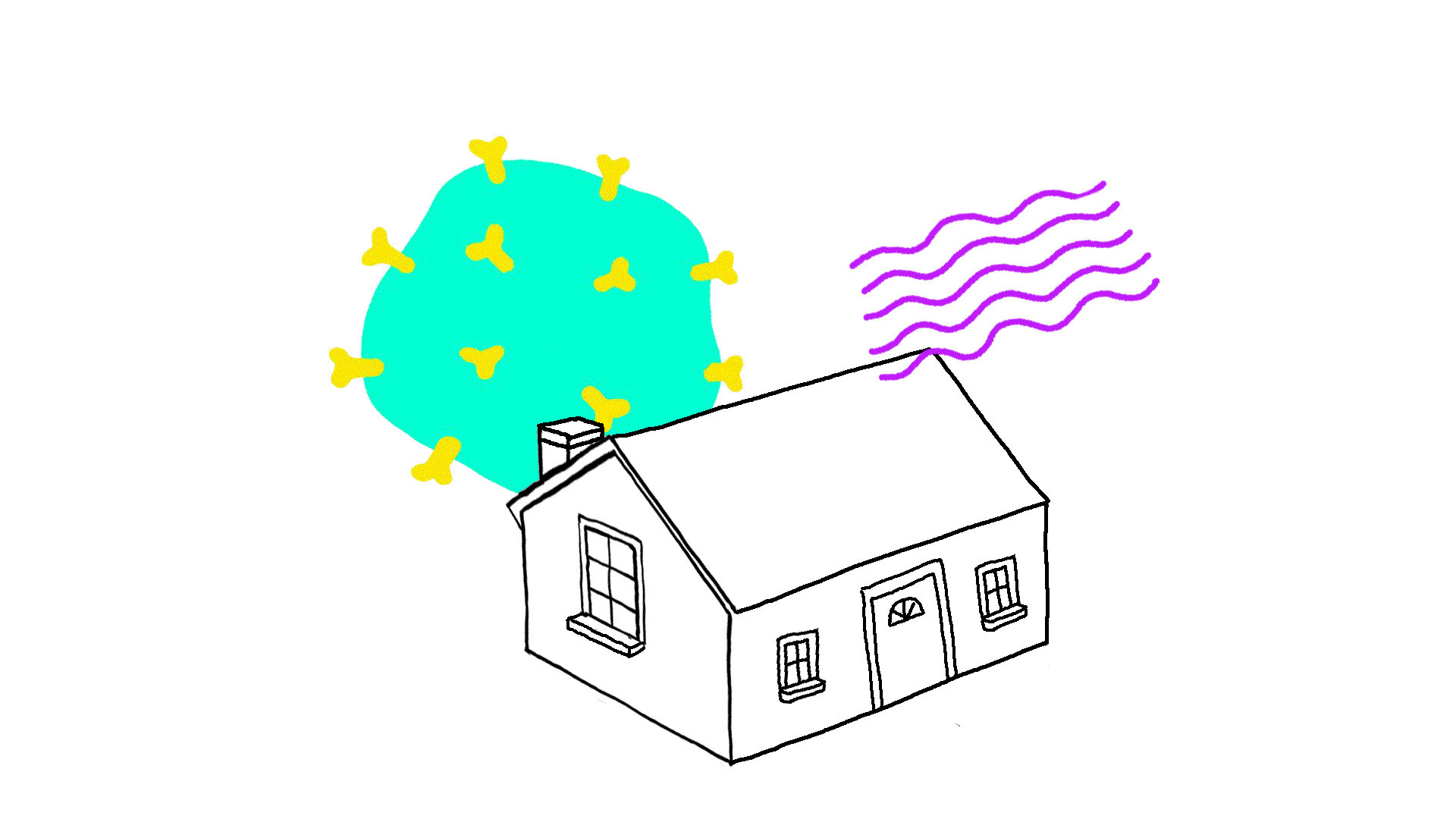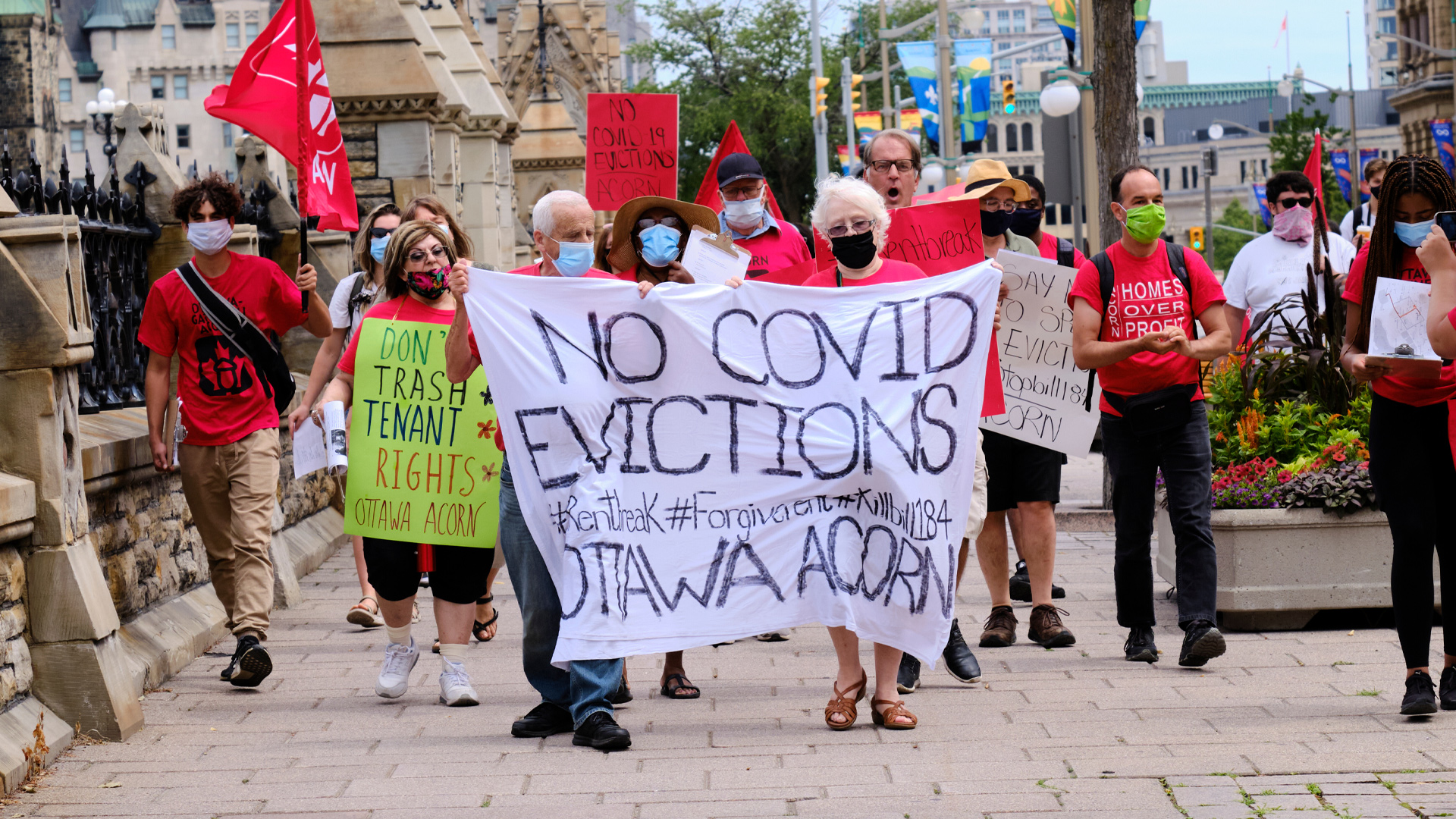
Congress of Racial Equality (CORE) demonstration at realtor office of Picture Floor Plans Inc in Seattle, 4 May 1964. Courtesy of the Seattle Municipal Archives, photo number 63932 (colourised by Jordan J. Lloyd)
While the roots of systemic economic racism date back to complex historical global issues such as imperialism and the transatlantic slave trade, there is no shortage of property professionals working to move the needle in their communities on both the for- and not-for-profit sides of the industry.
In the UK, white families hold on average roughly eight times the amount of household wealth as black families. The racial wealth gap, as this socio-economic phenomenon is known, came into sharper relief over the past year because of the disproportionate impact of COVID-19 on black Britons and the global Black Lives Matter movement. And when it comes to household wealth, housing costs and property ownership are frequently at the centre of that financial equation.
Faith Locken MRICS has devoted her career to educating people about opportunities in the property industry through her YouTube channel The Property Hustle, where she discusses buy-to-let investing and homeownership. She is also a member of Black Women in Real Estate. She sees numerous institutional barriers for her community to accrue wealth through property ownership, starting with the challenges that limit the extent to which black people can create intergenerational wealth.
Some people are fortunate enough to receive help from their parents when buying property,” she says. “And with prices as they are, many people need help. However, if you’re from a lower-income background, you might not be able to rely on the bank of mum and dad.”
That disadvantage is compounded by the lack of schooling on the subject. “Real estate and financial literacy aren’t taught as school subjects, full stop,” she says. “If these subjects were taught, people would be more aware of property as a vehicle for building wealth.”
Even for black Britons who pursue careers in the property sector, the ethnic pay gap is another hindrance. Ethnic minorities, including black Britons, earned roughly 20% less than their white counterparts in 2020, according to the annual Macdonald & Co and RICS Rewards and Attitudes Survey.
“As a black professional, you could be doing the same job as a non-black counterpart and be paid less without knowing it,” Locken says. Lower wages, in turn, affect one’s ability to secure a bank loan for a property purchase.
The UK has a robust social housing tradition, however, which has slowly grown to accommodate the needs of black households which have been shut out of property ownership. The Housing Corporation, which distributed funds to housing associations in the UK, issued its first Black and Minority Ethnic (BME) housing strategy in 1986 and eventually invested £660 million over a 10-year period. These efforts paved the way for a constellation of BME-led regulated housing organisations that have navigated bureaucracy and discrimination to amass portfolios that provide affordable housing to Britons struggling under crushing housing prices.
Imani Housing Co-op is one of these entities. In the 1980s, the housing co-operative started with just a few properties in south-west London. Today, Imani has grown its balance sheet to 52 primarily one-bedroom units spread across Wandsworth, Battersea, and Tooting that rent for roughly £145 per week, compared to the private sector in which rents for similar flats locally start at about £275 per week. Not that this path to property management expertise was easy.

“We were raw, young and black people in need of homes,” says Imani co-op chair Khalid Mair. The co-op’s initial founders partnered with a pre-existing housing association governed on cooperative principles called Solon Wandsworth which lent architectural and housing development expertise. “At that early fledgling stage, as we moved along we acquired the skills.”
Imani Housing Co-op received financial backing from the Housing Corporation as part of its BME strategy, but that did not prevent innate suspicion of public funds allocated to a black-led organisation. “We were inspected four times within the first 15 years,” Mair says. “There’s nothing wrong in principle with accounting for public money, but the experience felt like the inspection teams were overzealous agents of the state acting on what they saw as people who had no business administering public funds.”
The racial wealth gap sits at a similar level in the US, where the median black family has one-eighth of the household wealth of the median white family. One US city is attempting to rectify that imbalance through targeted support for black-led property development. Seattle, which is about 65% white, has seen its population grow by one-fifth in the last decade driven by a strong tech economy. The resulting property market boom has put redevelopment and displacement pressure on historically underinvested, predominantly black neighbourhoods that were subject to discriminatory housing policies such as redlining (which meant that entire areas were often not eligible for government-backed mortgages) as well as racially-restrictive covenants that prevented people of colour from buying homes in white neighbourhoods.
The Seattle Office of Planning and Community Development analysed exactly where that pressure is acute through a so-called equity analysis. The resulting map, showing which neighbourhoods were most at risk of displacement, has guided a new effort, the Equitable Development Initiative (EDI), which since 2016 has pumped $148 million (£107 million) into land acquisition and capacity building, such as hiring architects and property development consultants, for minority-led community organisations looking to develop everything from affordable housing to a birth centre, a performing arts venue, a commercial kitchen, a market hall and a small business incubator.
“These communities are ‘shovel hungry’,” says EDI director Ubax Gardheere, describing neighbourhoods and community groups eager to participate in, rather than serve as bystanders to, Seattle’s property boom. “EDI provides the resources for them to flip the script and be in the driver’s seat.”
Back in the UK, BME-held assets represent just 2-3% of the social housing sector. Mair believes that Imani acted with exceptional caution given the precarious nature of operating as a black housing co-op. Imani is currently engaging with the Greater London Authority to build its portfolio by borrowing against its asset base to acquire more homes. “We could have been doing that 15-20 years ago,” he says. “The nature of the regulatory environment has led us to be more fiscally conservative.”
Imani’s tenants, a mixture of black African teachers, civil service workers, tradespeople, and small business owners, are all shareholders who pay a nominal £1 fee. While they do not have an equity stake in the co-op’s properties, Mair says that the “low rent gives them an opportunity to save.”
Saving on housing costs is key, Mair says, given that “prices in London have gone off the rocker because of foreign investment. Many of our families come from below the poverty line and wealth building is an aspiration.”
If you’re coming from a lower-income background, you might not be able to rely on the bank of mum and dad

